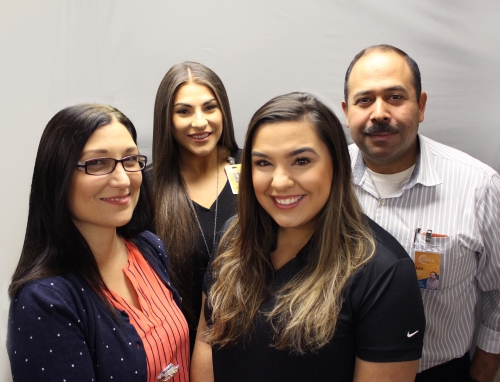Suicide Prevention Awareness Month
 Most of us are pretty comfortable talking about what ails us. We discuss
our cancer, diabetes, heart conditions and a variety of other illnesses
with friends and relatives. But, for some reason, we often don’t
mention what troubles us most. We humans are complicated creatures. We
can walk, run, talk, see and hear. We also have inner parts, the most
important of which others can’t see – our intellect, emotions
and psyche.
Most of us are pretty comfortable talking about what ails us. We discuss
our cancer, diabetes, heart conditions and a variety of other illnesses
with friends and relatives. But, for some reason, we often don’t
mention what troubles us most. We humans are complicated creatures. We
can walk, run, talk, see and hear. We also have inner parts, the most
important of which others can’t see – our intellect, emotions
and psyche.
“When trouble develops with the physical parts we see a medical provider; when we break a leg, develop a bad cold, toothache or problems with our eye sight we contact the appropriate physician,” said Leo Gaeta, CBHA Director of Programs. “When trouble develops on the inside, many times we don’t know who to go to or how to get help.”
Gaeta said mental health issues can occur in the course of a person’s lifetime and are not anyone’s fault. Many people who have committed suicide have a history of mental health problems. Suicide is currently the third leading cause of death among young people age 15 to 24. The highest overall rates of suicide are for adults age 40 to 59.
According to the Center for Disease Control (CDC) more than 44,000 Americans took their own lives in 2015. “These numbers tell a tragic story,” Gaeta said.
Gaeta heads up a team of behavioral health consultants who work closely with medical providers. Team members include Michelle Taylor, psychiatric nurse practitioner, Deyanira Valdez and Elsie Garza who are behavioral health specialists. They are readily available to provide services once the need is identified by a medical provider. Patient confidentiality is of the utmost importance and all counseling sessions are held in strict confidence.
Behavioral health includes screening assessments for a variety of issues such as alcohol and substance abuse, depression and ADHD. Common behavioral health issues include depression, anxiety, grief/loss, domestic violence, substance abuse, adjustment disorders, stress management, behavioral health issues in children, parenting skills, marital/relationship issues and chronic disease case management. For more information, call Leo Gaeta at 509-488-5256.